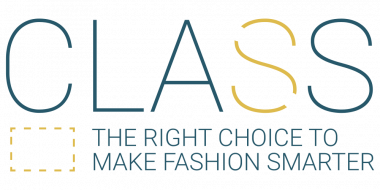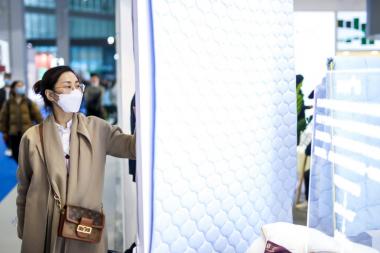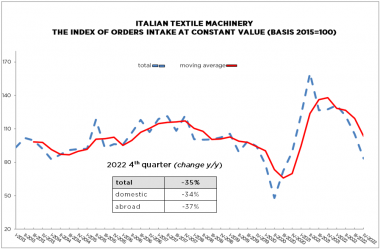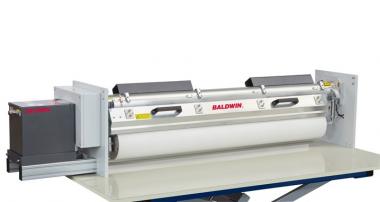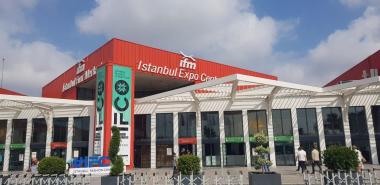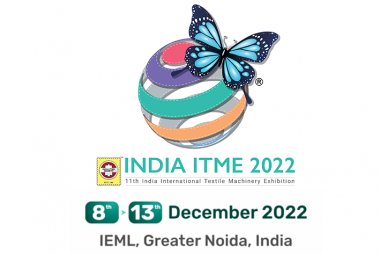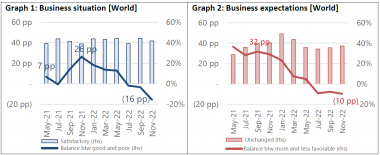ERCA's new business unit: ERCA TCS (Textile Chemical Solutions)
January 2024 marks the official birth of ERCA TCS (Textile Chemical Solutions), a business unit of ERCA S.p.A. with a focus on the textile market. Founded in the 1960s, ERCA S.p.A. is an Italian company, present with six plants in three macro-regions: Europe, Latin America and Asia. The ERCA group produces specialty and auxiliary chemicals with a responsible innovation approach and its production covers several markets: textiles, cosmetics, polyurethanes, concrete.
Why a business unit that caters solely to the textile industry? The decision to give birth to ERCA TCS comes from the desire to be a unique and innovative reference point for ERCA's customers, with products and
services designed specifically for the needs of today's textile industry, grappling with the challenges and
opportunities of sustainability and responsible production.
ERCA TCS bases its activities on the principles of "Green Chemistry" with the aim of offering the textile industry chemical solutions that make the concepts of safety, performance and circularity a reality. The chemical auxiliaries of ERCA TCS are the result of a vision that incorporates responsible innovation, continuous research, and a desire to offer to the market effective yet ethically, environmentally, and economically sustainable solutions.
The green, high tech and circular commitment of ERCA TCS is demonstrated by a product and brand range that is totally based on the circular economy, which started from a problem - the disposal of used vegetable oil - and turned it into a resource, into a raw material for the production of chemical auxiliaries for the textile industry: REVECOL®, the circular range of high-performance, made-in-Italy, GRS-certified chemical auxiliaries. The REVECOL® range can be used on any type of fiber, recycled or not.
ERCA S.p.A. / classecohub

















